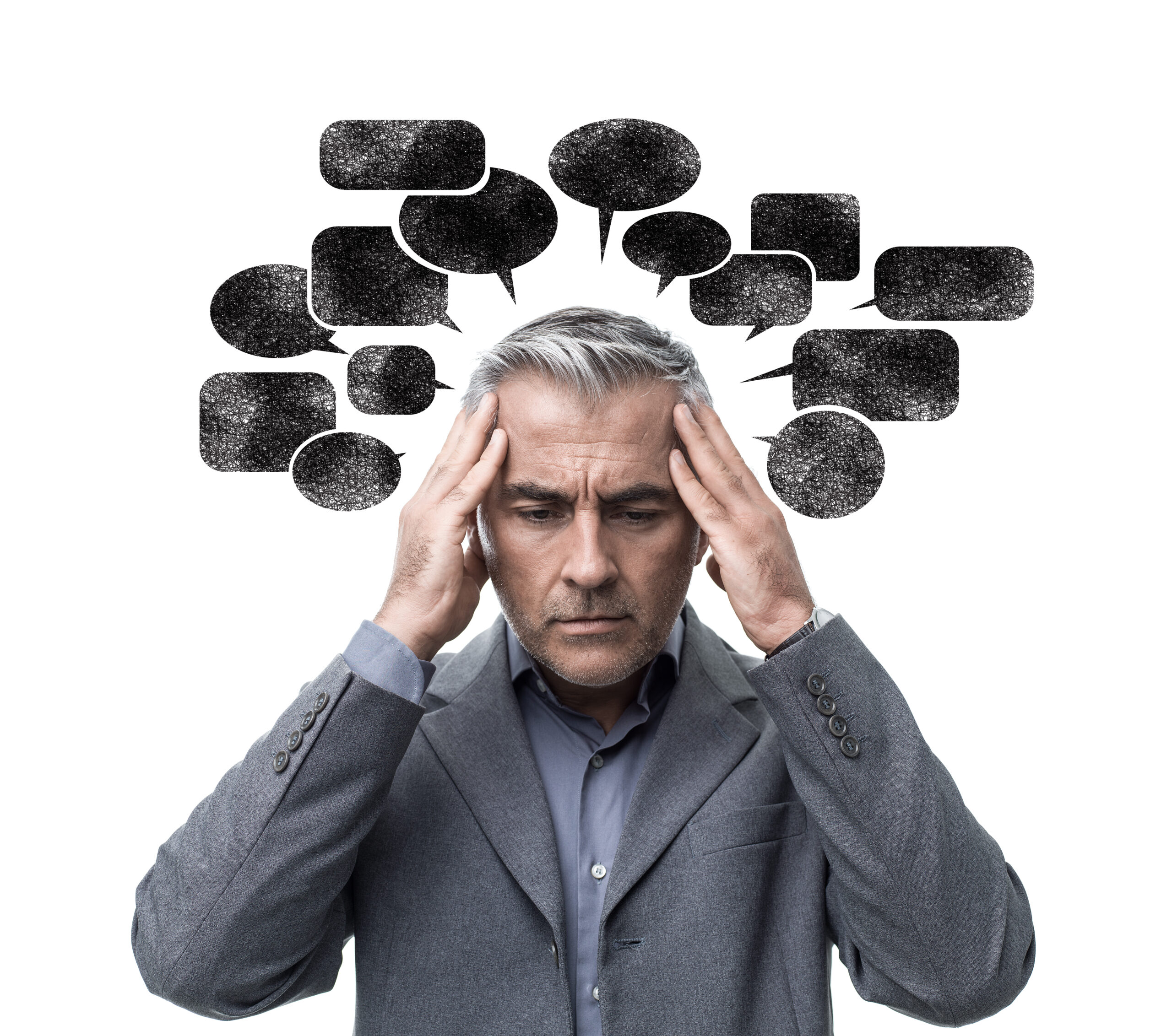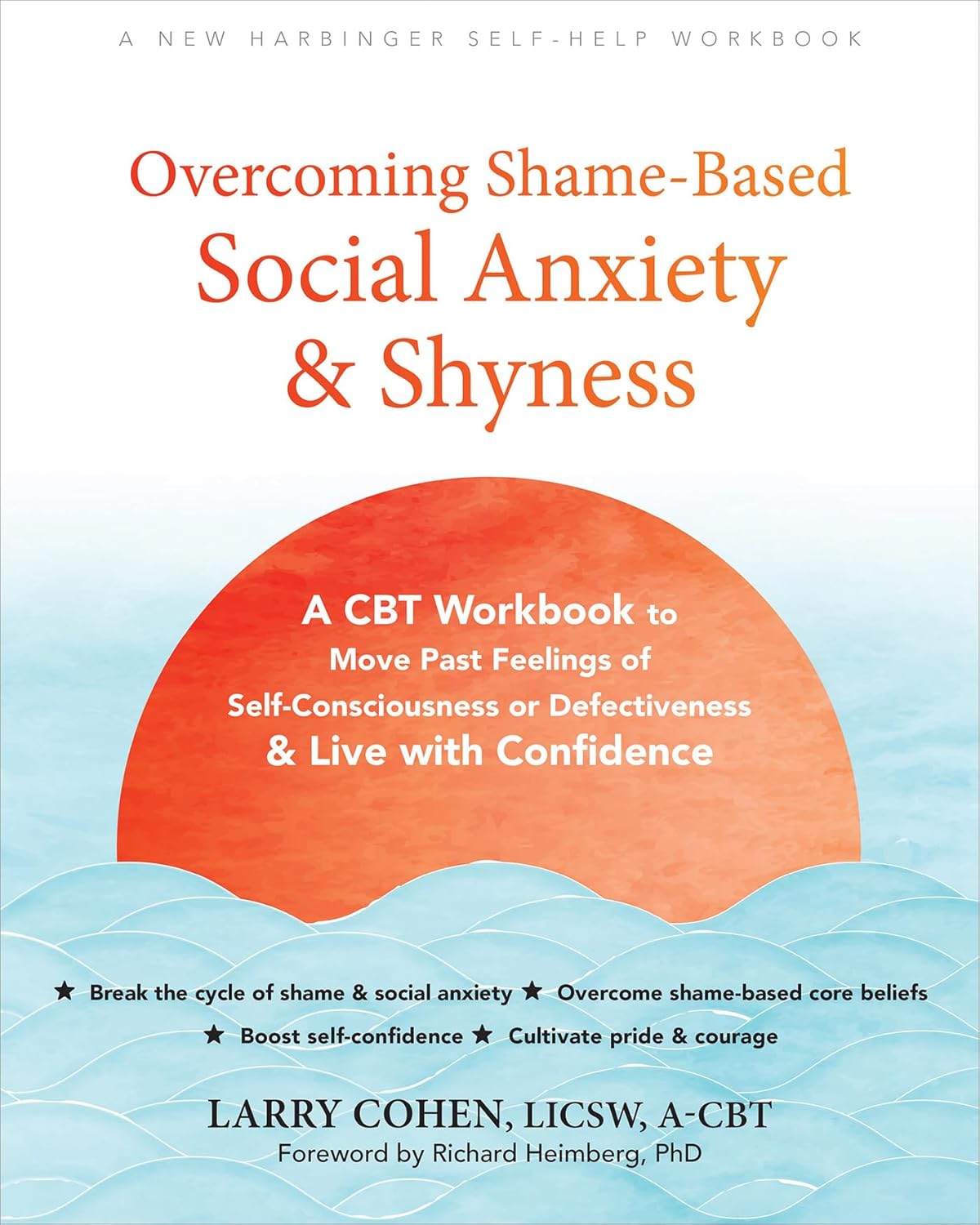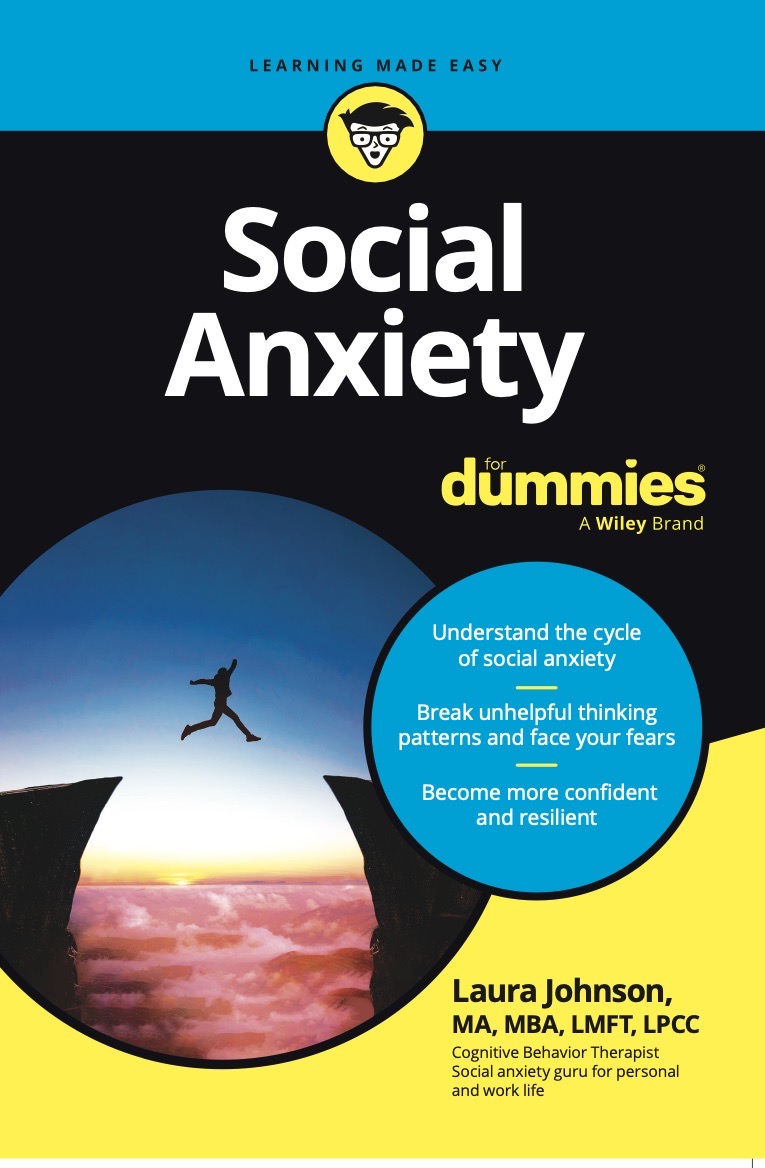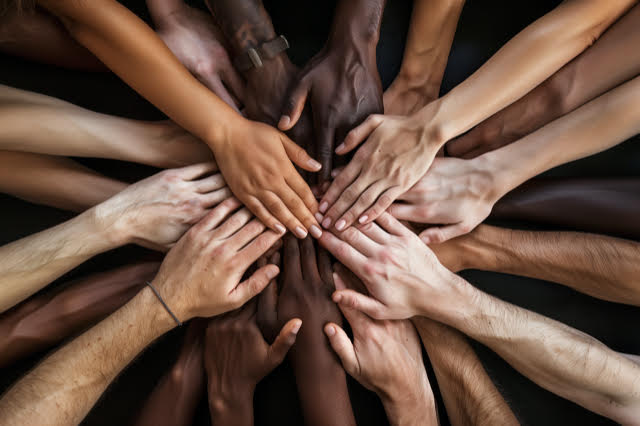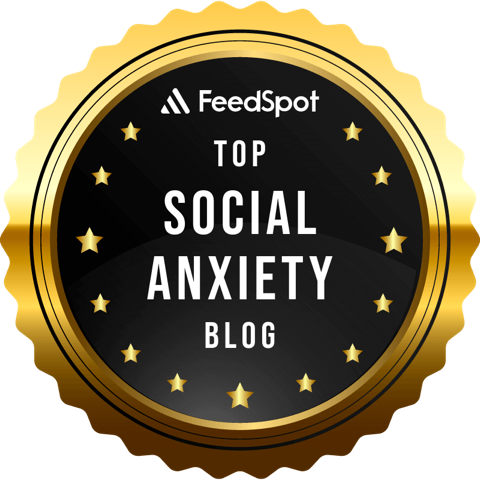Labels
For many who aspire to change their current social life dynamics but struggle to do so, having a name for the struggle can be helpful, even relieving. A constellation of symptoms outlining what someone grapples with can facilitate a sense of being understood. It can also create a metric to reference while engaged in their personal growth. Conversely, others may find themselves having slid under an ill-fitting diagnostic label unsure how they got there. They may have been eager to have an “explanation” for their struggles. Perhaps someone in their life shared an unsolicited personal diagnosis. Either way, carrying that label hinders their growth and can even compound some of their struggles. Let us step back together, remain curious, and explore this in greater depth.
Shoulds
Far too often we are internally living what we will refer to as the “should life”. Perhaps not always tuned into that frequency, but with some gentle self-observation we just might find a big pile of “should” in the corner closet of our minds. “Should-ing”, a fictional word, is when our attention is far more focused on what (we decided) we should be like socially rather than what we genuinely value. These messages are transmitted internally or externally. “I should have at least 5 really close friends and be interested in the weekend parties on campus. That’s what everyone else does.” “You should really get out more! Why don’t you hang out with your co-workers? They seem nice. What are people going to say if you’re anti-social?”
Being engaged in a should tug-of-war is certainly a contributing factor for those struggling with social anxiety. Say I believe I should have a particular social status or acumen. When I come to realize it’s not currently there, pressure and shame sink in. The next social opportunity will feel high stakes, leading to higher discomfort. It still begs the question for me: Is my feeling anxious in social situations predicated on a “should” of socialization? If I gave myself permission to accept my actual level of desire for social interaction, would I even be uncomfortable in the situations I choose to be in? This may sound like “tomato vs. tomato”, but it might have an impact on how it’s addressed. If there is a way to remove the horse, the cart could sit right where it is.
Culture
America has often been referred to as a melting pot: myriad of cultures, races, religions, languages and more. Some are first generation Americans, and some are 8th generation Americans. While considering if a struggle is social anxiety, it would behoove us to ask: Where are we coming from? What are the social norms and expectations from whence I come? Say I grew up in a community where the universally accepted norms included minimal interaction between genders and any romantic relationships until adulthood. I have recently entered the phase of my life when I start to increase my engagement in romantic relationships. Most of my community peers feel awkward during the first dozen or so of these new interactions. Some get apprehensive and anxious. Does that mean I have social anxiety?
Cultures from around the world hold different beliefs related to eye contact, public behavior, workplace behavior, salutations, dating, behavior while eating, and many more. Having norms of social behavior different from those around us does not automatically constitute an abnormality. Being a first generation American with parents and grandparents who are immigrants adds to the complexity of socializing. The child may feel completely acculturated to society around them while their elders maintain a distinct set of social values. Being in the middle they may feel stuck between a should and a should! For individuals and clinicians alike, there is value in a) exploring where we came from; b) identifying those norms and expectations; c) respecting and valuing them; d) granting permission to have our own social ideals; and e) avoid the tug of war with “should”.

A spectrum of social challenges
Working with people who desire change in the social domain of their life has provided me with some observations. I have learned to be authentically curious when individuals (or their family members) express a dissatisfaction with their current social engagement. Unscientifically, we collaboratively filter these frustrations through a spectrum of sorts:
Group A
These are individuals whose social interactions are minimal compared to their peers. They fall to the far-left side of the bell curve of “normative” social engagement. However, they are completely at peace with where they stand. Perhaps they do not see the value of additional social engagement. Perhaps they are simply satisfied being with themselves most of the time. It’s not a problem until it’s a problem, right ? 😉 Their family members might struggle accepting it, but they themselves are perfectly comfortable with it.
Group B
Individuals in this group express a desire to engage more socially. “I wish I had more friends.” or “If only I spent more time on the weekends with people in my neighborhood.” However, these individuals struggle to navigate the nuances of social life. While nice and completely well intentioned, there are endless”unwritten rules, observations, and adjustments when it comes to developing relationships. Thankfully, some of these skills can be worked on and developed if there is motivation to do so. Due to this struggle some of these individuals develop a discomfort and lack of trust in themselves when trying to engage socially again and again.
Group C
In this group individuals have the desire to increase their social engagement and by all accounts have sufficient social acumen to navigate the ups and downs of social life. (Note: one method to assess if these skills are present is to simply ask the person struggling. “What do you think you would do in this social situation if anxiety magically disappeared?” Typically, they will be able to respond within seconds. There’s your sign.) At the same time, just imagining themselves engaging in social situations brings tremendous discomfort and anxiety. They want it. They can technically do it. Yet they face the obstacle of overwhelming discomfort and fear manifesting emotionally, somatically (in their bodies), cognitively (in their minds), and behaviorally (in their actions or lack thereof).
Group D
This final group is one that I have only conceptualized in more recent years after noticing a trend. A number of people I was working with expressed a theoretical desire for more social engagement. They demonstrated the requisite social navigation skills. Yet, they did not report feeling uncomfortable or anxious when experimenting with various social engagements. We came to understand that they adopted a fatalistic perspective toward social engagement. They were not worried about what would happen. It was as if it had already concluded, and it was not a positive outcome. The predictions varied from being short-lived, superficial, painful, or not even able to get off the ground. Still, no fear about it. Predetermined. So why bother trying?

Great, so now what?
All this may feel like splitting hairs. What’s the difference if I have social anxiety or a negative attitude?! I don’t entirely disagree with that. I personally operate from the perspective that if you want to improve your quality of life, however you envision that, let’s get to work. We don’t need labels to grow. With that being said, imagine a surgical specialist starting with a new patient. Prior to going into any surgery, they will complete multiple, thorough examinations to determine what they will do once on the OR table. If a surgeon ever tells you, “I have a hunch about where to cut and remove. How about we just open the hood, feel around, and see if our hunch is correct?”, I suggest you run for the hills. In my humble opinion, taking additional time to explore these themes will only lead to more focused and meaningful growth. Whether this is independent self-exploration getting to know yourself better or in collaboration with a clinician, it is well worth it. You deserve it! Believe that you deserve it!
Written by,
Shmuel Fischler, LCSW-C, A-CBT
National Social Anxiety Center, Baltimore

